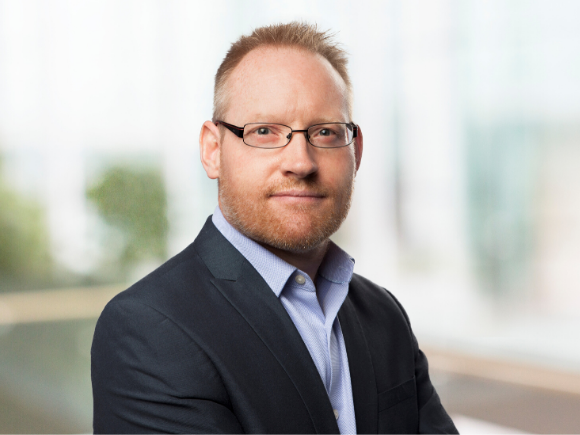
Chris White came to LSTM in 1997 to study the MSc in Applied Parasitology & Medical Entomology, for which he was awarded a distinction for best performance and the Jervis Prize for research on the relationship between intensified peri-urban agriculture and the population density of malaria vectors in West Africa.
Prior to this, Chris’ professional life began in the British military, serving on operations in East Africa and Northern Ireland for five years, before completing undergraduate studies in Zoology at the University of Nottingham in 1996. During this period his growing interest in entomology culminated in a number of expeditions to the Peruvian Amazon on behalf of the Smithsonian Institution and with the approval of the Royal Geographic Society. After graduation, a year in the Usambara Mountains of Tanzania, including his first brush with malaria, cemented a desire to complete graduate studies in Medical Entomology at LSTM.
Chris’ post-LSTM career was initially focused on vector-borne disease control in humanitarian emergencies, working for non-governmental agencies and the United Nations. He later shifted to longer-term development work with Population Services International, providing malaria-related technical assistance and training support throughout sub-Saharan Africa and the Asia-Pacific. More recently, Chris has focused on global, regional and in-country advocacy for malaria elimination and spent the past few years leading the malaria advocacy investment portfolio at the Bill & Melinda Gates Foundation in Seattle.
In mid-2018, Chris was appointed Co-Director of the Malaria Elimination Initiative (MEI) within the Global Health Group of the Institute of Global Health Sciences, University of California San Francisco (UCSF). MEI is an Action Tank institution at the forefront of the global malaria eradication agenda (http://www.shrinkingthemalariamap.org/).
- What made you choose to study your MSc and PhD here at LSTM?
I chose to study at Liverpool because of its proud history in the field of medical entomology and the strength of its faculty.
- How do you think your time here shaped your future work?
The most important thing I took away from Liverpool was the importance of critical thinking, to question everything.
- How would you sum up your experience of LSTM?
Demanding but enjoyable. My year there provided a vital foundation on which to build a career in global public health.
- What is your proudest achievement?
I grew up in a low-income government housing project (or Council Estate as they’re known in the UK) and was the first in my family to ever enter and graduate from university, so securing a distinction in my MSc degree at LSTM, and winning the class prize, will forever remain one of my proudest achievements.